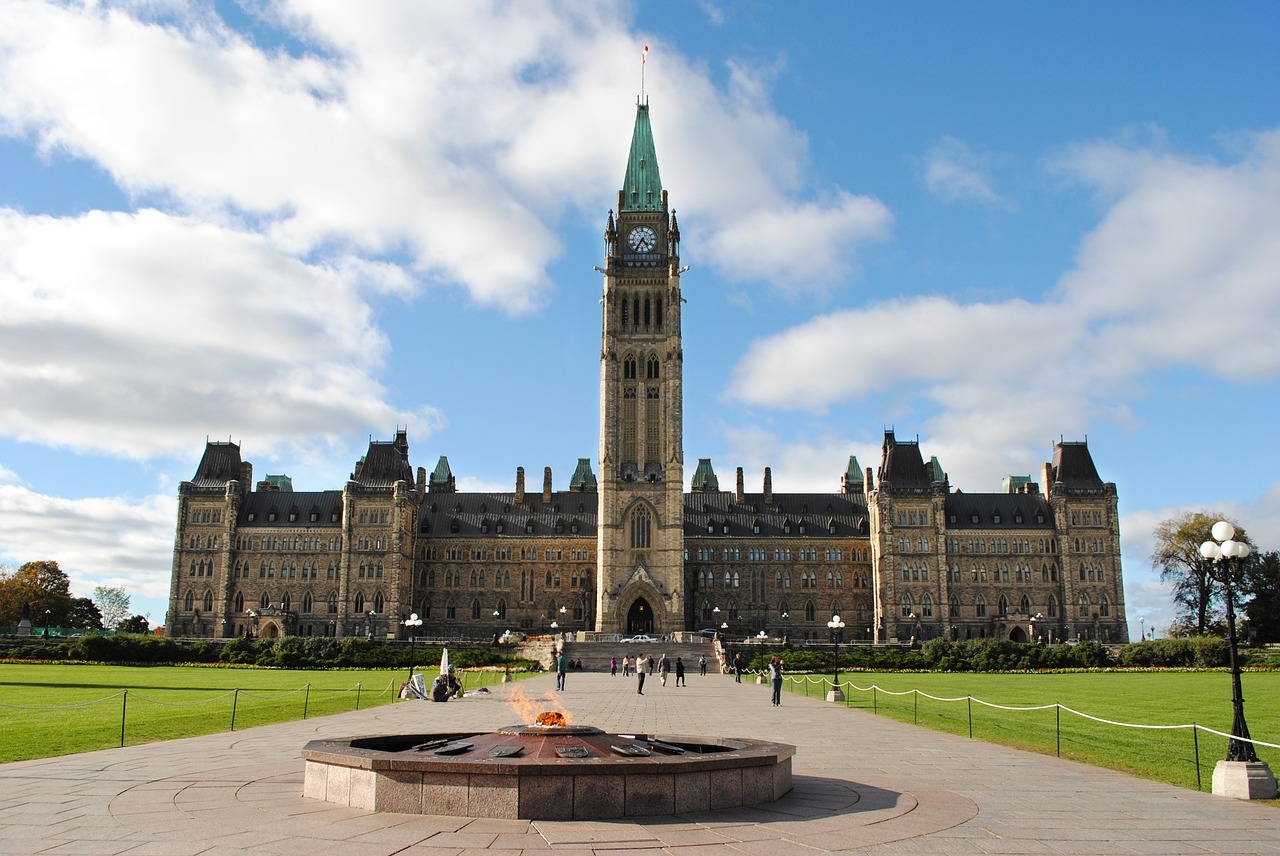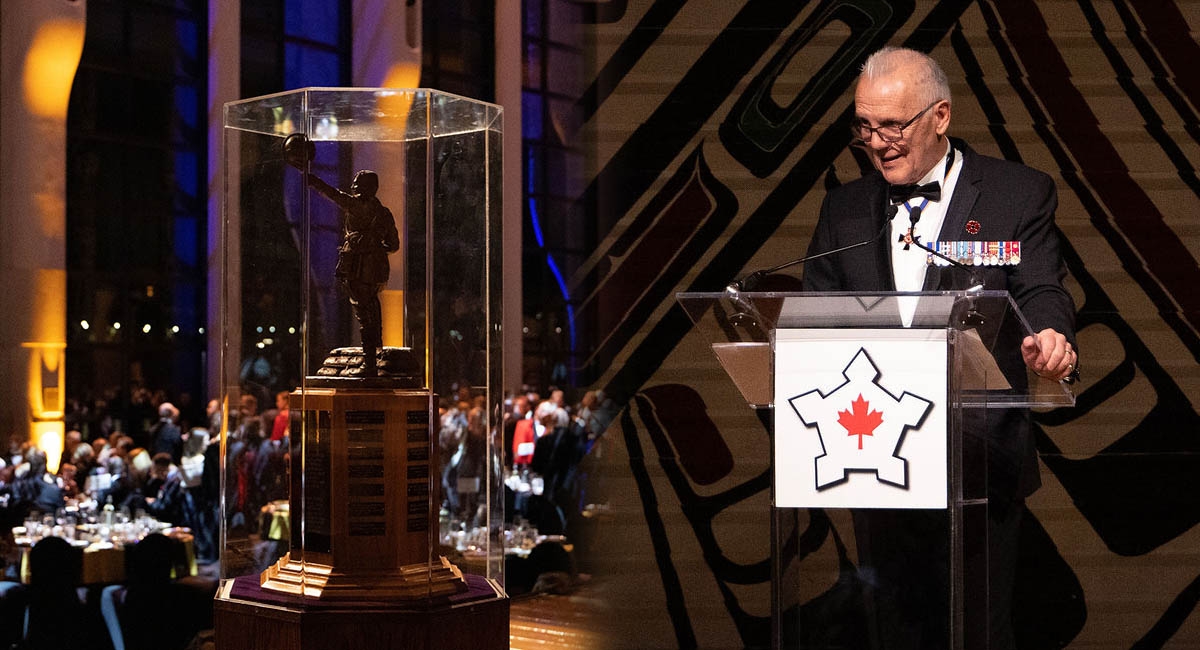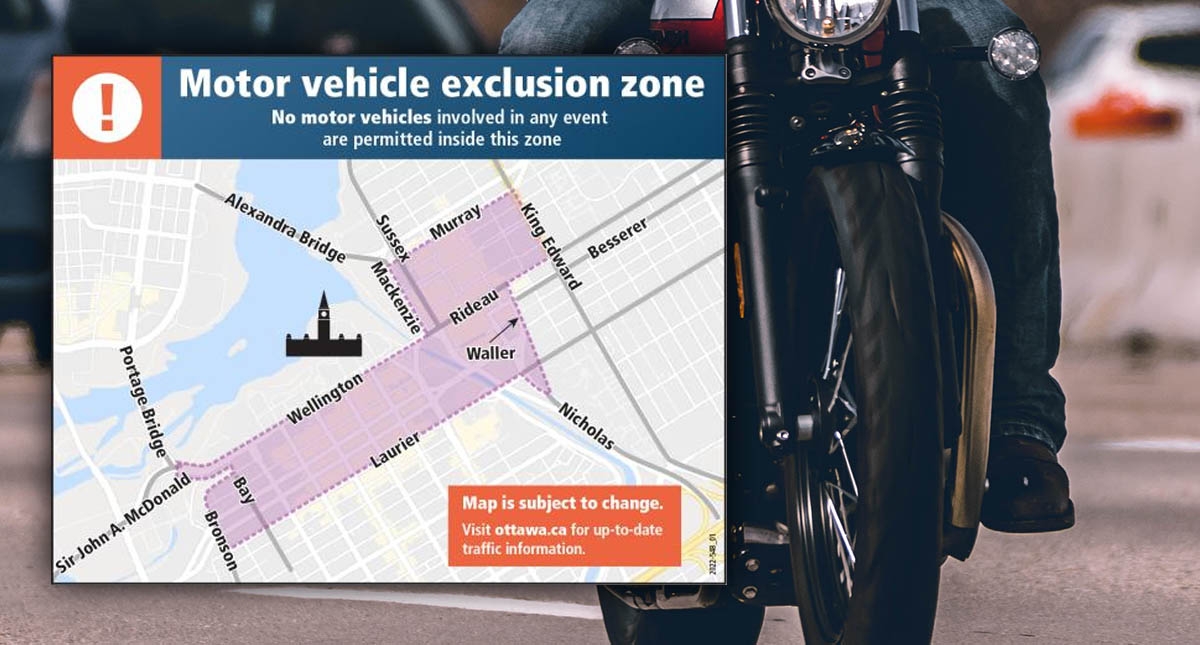
Citizens and Parliament Must be Consulted on Election Rules
The Harper Government’s Bill C-23, Fair Elections Act is currently before the House of Commons, and it should come as no surprise that the Conservatives are using the bill to manipulate the rules that govern how Canadians vote. After all, the Harper Government has been at odds with Elections Canada – the independent, non-partisan agency that administers our federal elections – since it was first elected to office.
Recall that this is the same government responsible for the “In and Out” scandal, robocalls, illegal campaign spending on the part of two former Conservative MPs, and the resulting investigations by Elections Canada and Marc Maynard, Canada’s Chief Electoral Officer. These investigations deeply angered the Conservatives, which is why Mr. Maynard was not consulted by the Harper Government in its drafting of Bill C-23.
Indeed, the government’s lack of consultation with relevant stakeholders is evident in the bill's provisions. Instead of providing Elections Canada with enhanced powers to investigate electoral wrongdoing, the so-called Fair Elections Act would strip the agency of its investigative powers and transfer the authority to appoint the Commissioner of Canada Elections – the person who decides whether to investigate citizen complaints – from the Chief Electoral Officer to the Director of Public Prosecutions.
Under Bill C-23, Elections Canada would still be able to inform voters of where and when they can vote, but that's about it. The agency would no longer be allowed to launch citizen outreach and educational campaigns to encourage Canadians to vote. At a time when other developed countries are looking at ways to increase voter turnout in elections, Bill C-23 would make it more difficult to investigate alternative voting methods such as electronic voting. Taking a page from U.S. Republican style legislation, the ironically-named Fair Elections Act would also suppress the voting rights of citizens who lack proper identification by eliminating “vouching.” According to Leadnow, 120,000 Canadians voted by being vouched for in the last election and outlawing this option would make it harder for First Nations, students, and low-income Canadians to participate in our elections.
But the bill doesn’t stop there. In addition to suppressing votes, Bill C-23 would increase election campaign donation limits to $1500 annually, raise spending limits, and exempt additional expenses from the limits. These measures would undoubtedly help the Conservatives, as last year the party had as many large donors – those who gave $200 or more – as the Liberals and New Democrats combined. It’s no wonder, then, that the Conservatives are trying to push Bill C-23 through the House of Commons without a full debate.
They don’t want Canadians to learn about this bill.
I strongly believe that it is essential for every-day citizens to be actively involved in the democratic process, and that's why I find the Fair Elections Act – especially the provisions on vouching and donation limits – deeply troubling. Quite simply, Canadians deserve better than Bill C-23, and we cannot afford to change the rules of our democracy without first having a robust and informed debate on the matter.
So it’s encouraging to see Canada's opposition parties standing against this bill and taking steps to educate voters on its measures. The New Democrats, for instance, have called for cross-country hearings on the bill, and denied consent to approve the travel budget for House of Commons committees after the Harper Government refused their request. With study of the bill expected to wrap up in early May, there is still time to pressure the Conservatives to change their position and honour the opposition’s request.
I encourage concerned citizens to call, write, or e-mail their Member of Parliament and demand national hearings on the Fair Elections Act. Our election laws are too important to be dictated by one party, and they should not be changed without significant input from Canadians and all Members of Parliament.
 Paul Meinema is the National President of UFCW Canada, which represents more than 250,000 workers in various industries across the country.
Paul Meinema is the National President of UFCW Canada, which represents more than 250,000 workers in various industries across the country.













